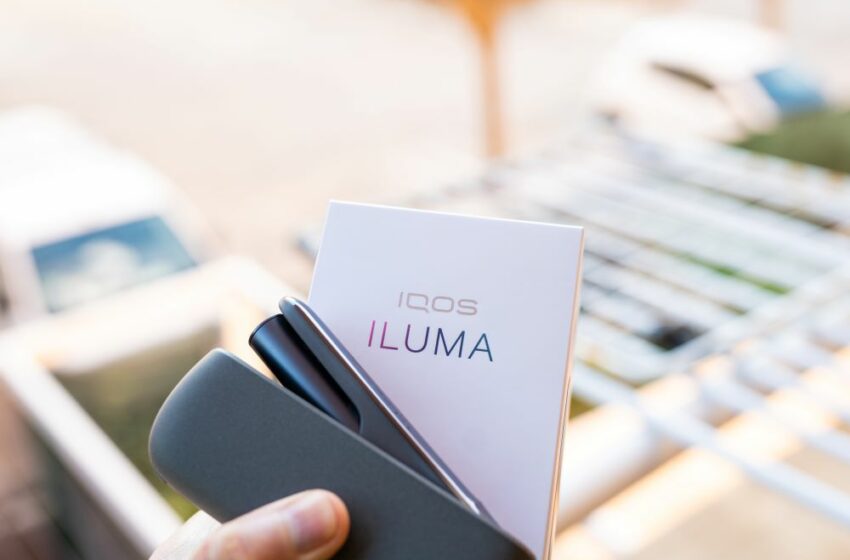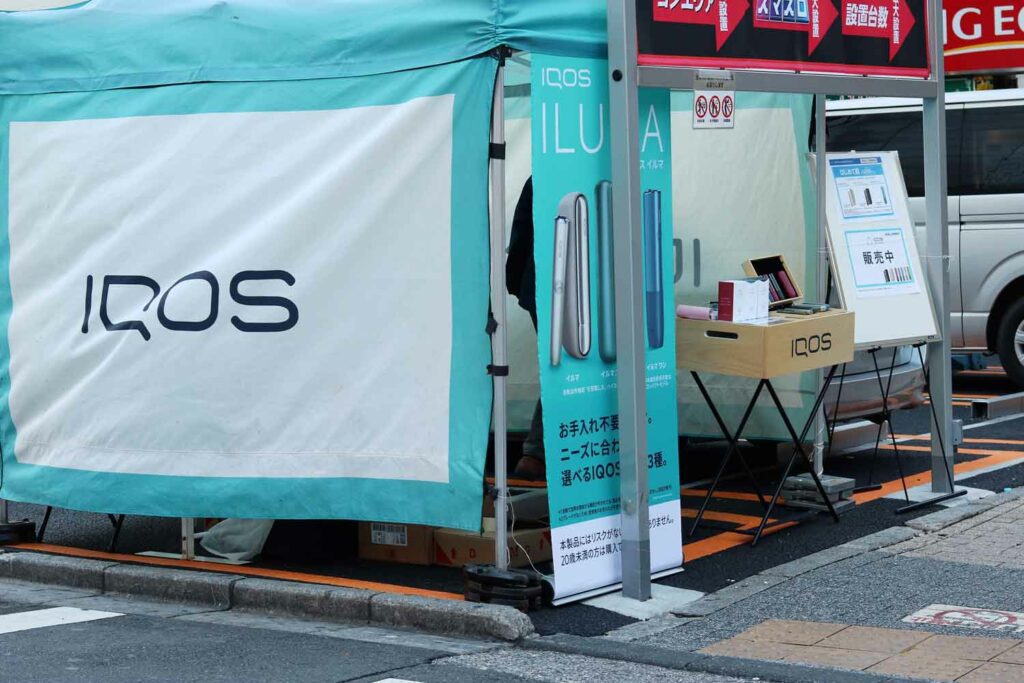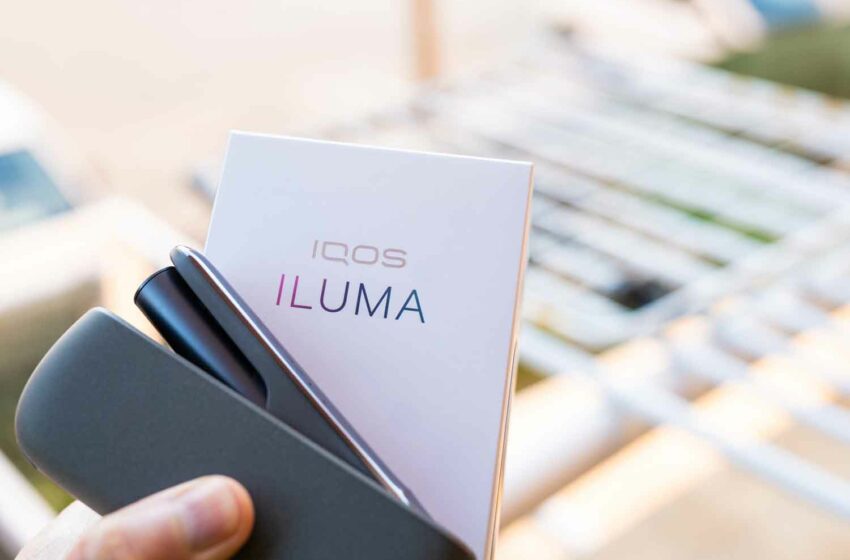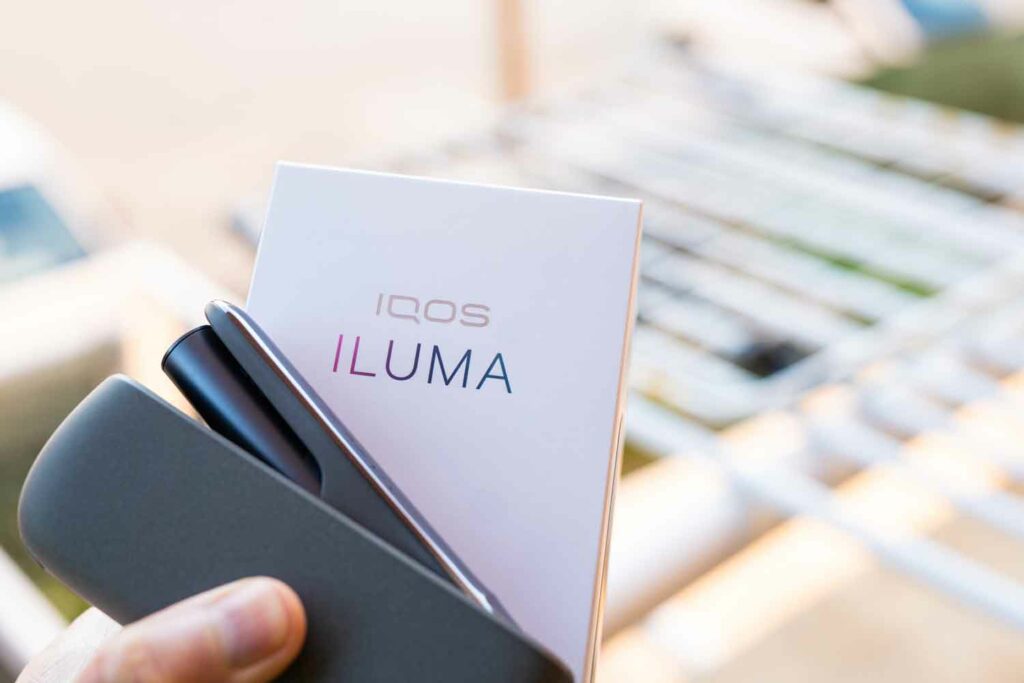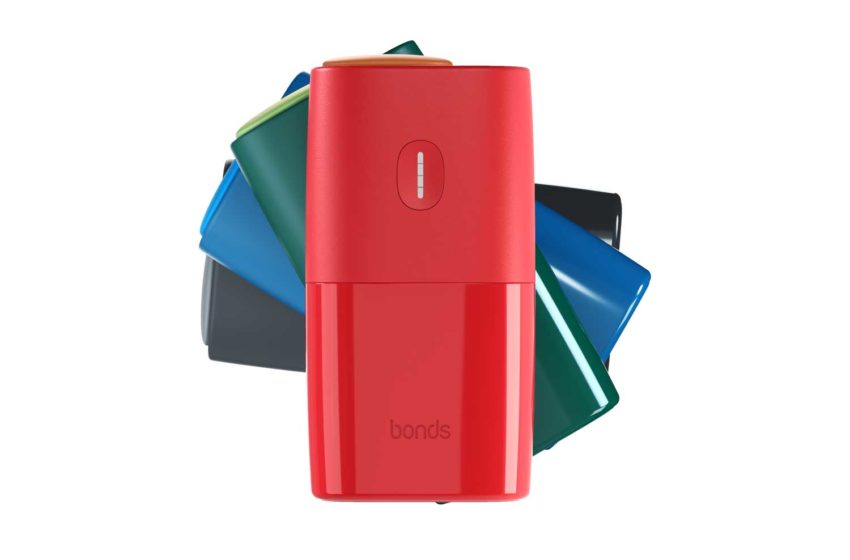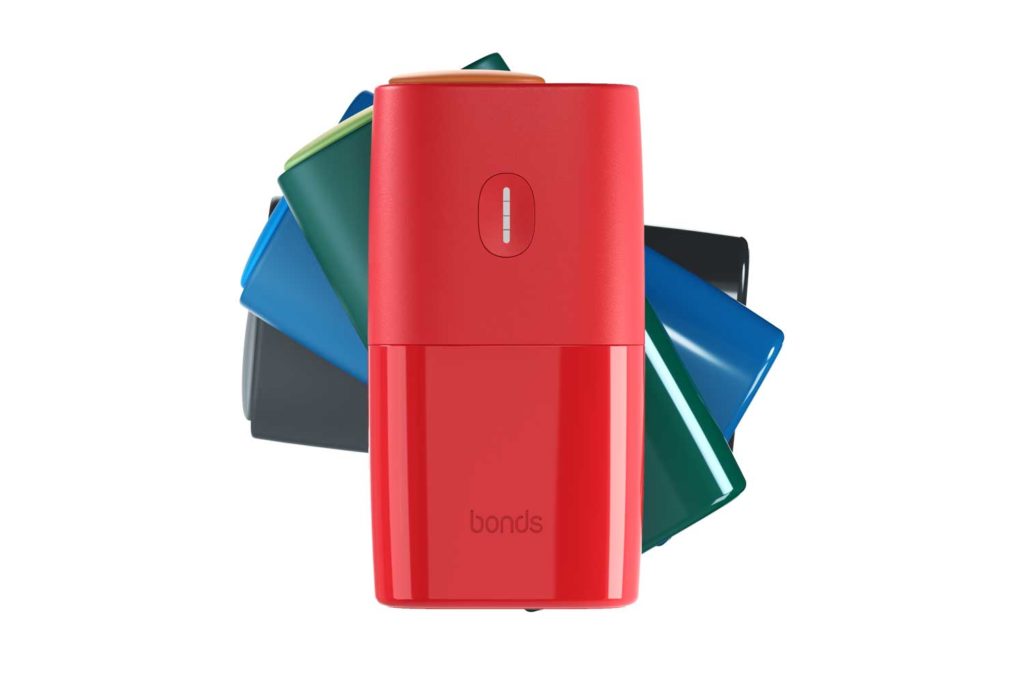
The American tobacco market is poised for disruption as Altria Group’s exclusive U.S. distribution rights to Philip Morris International’s IQOS heat-not-burn product expires on April 30, reports The Wall Street Journal. After this date, PMI will be free to compete in the U.S. with its top noncigarette brand.
PMI hopes IQOS can help it grab a 10 percent share of the lucrative U.S. cigarette and heated-tobacco market by roughly 2030, representing an additional $2.2 billion in annual earnings before interest, taxes, depreciation and amortization, according to Stifel analysts.
Altria, with its 50 percent share of the American cigarette market, has a lot to lose if PMI can persuade more smokers to switch to noncombustible alternatives.
In recent years, U.S. smokers have become more receptive to alternative nicotine delivery methods. Last year, 40 percent of all nicotine products sold in the U.S. were smoke-free offerings such as e-cigarettes and oral nicotine pouches. The share of traditional cigarettes, meanwhile, declined to 60 percent last year from 80 percent in 2018.
If the trend continues, Americans will be more likely to reach for a vape or nicotine pouch than a cigarette within three years.
Already earning some 40 percent of its net revenue from smoke-free products, PMI needs not worry about the dwindling number of U.S. smokers because it doesn’t sell cigarettes in America.
Altria, by contrast, still relies heavily on combustible cigarettes, which currently account for 85 percent of its sales. Its comparatively low exposure to the smokefree market includes brands such as On! oral nicotine pouches and Njoy e-cigarettes. The company also has a joint venture with Japan Tobacco to launch Ploom heated tobacco sticks in the U.S. and is working on its own heat-not-burn brand.
A badly timed bet on Juul Labs saddled the company with a $12.5 billion loss.
On the flipside, Altria has a strong U.S. distribution network, which it can leverage to promote its brands—a considerable advantage as the point of sale is one of the few places where tobacco companies are still allowed to advertise their products.
Altria can also harness data to defend its patch. The tobacco giant is integrated into many retailers’ loyalty programs, allowing it to monitor what shoppers are buying.

